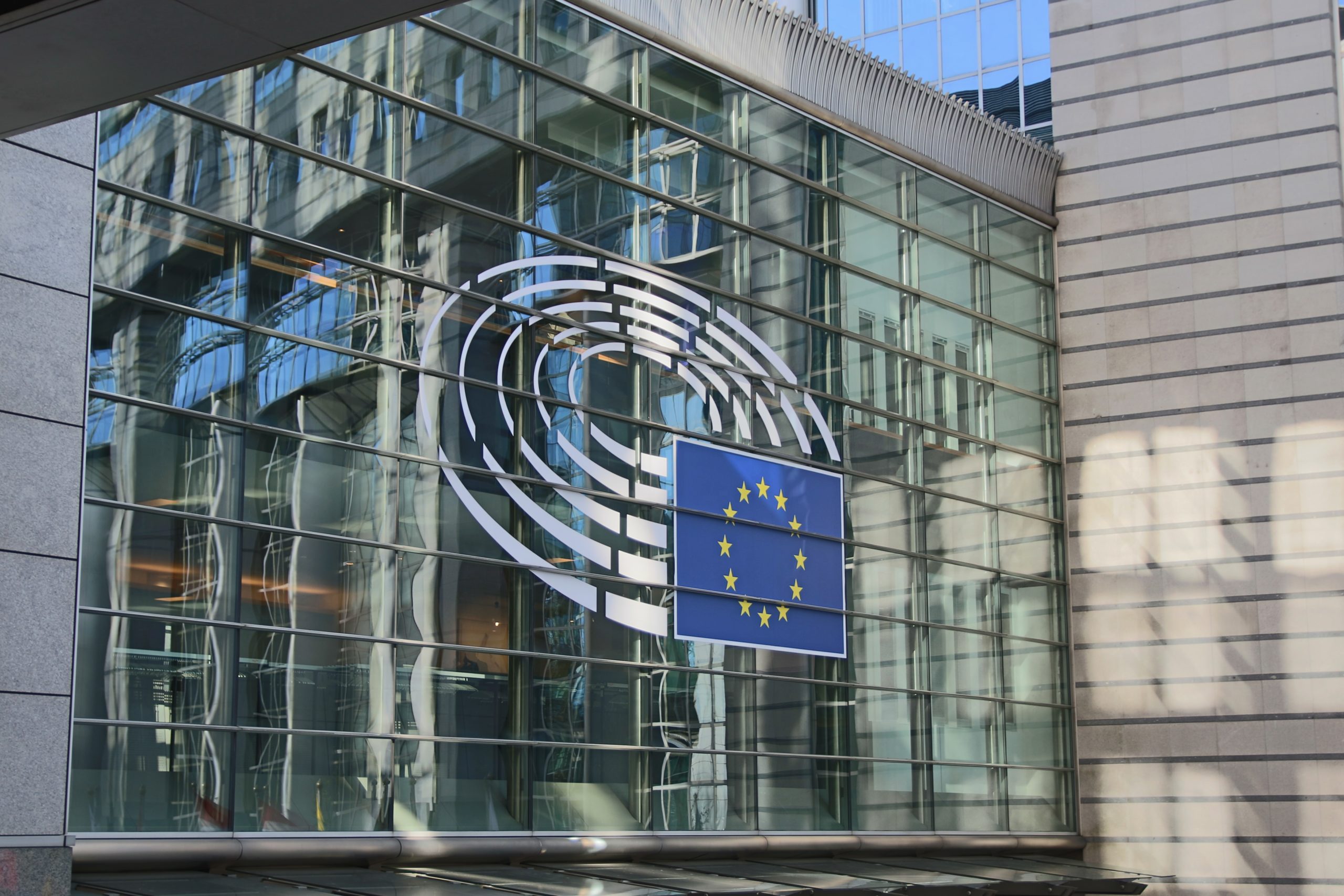European Day of Persons with Disabilities (EDPD): MHE reiterates that mental health should be considered in all policies

On 2 December 2021, MHE Vice-President Kristijan Grđan spoke at this year’s conference organised by the European Commission in partnership with the European Disability Forum (EDF).
During the session about health and access to health care for persons with disabilities, he highlighted that mental health laws in countries across Europe unfortunately allow for the discrimination of people with psychosocial disabilities. Europe must prioritise mental health equally as it prioritises physical health.
Speech delivered by Kristijan Grđan (MHE Vice-President) at the European Day of Persons with Disabilities:
Good day ladies and gentlemen, my name is Kristijan Grđan and I am Vice-President of Mental Health Europe.
Mental Health Europe is the largest non-governmental organisation operating in the field mental health in Europe with a 35-year history of work. We are committed to the promotion of positive mental health, the prevention of mental distress, the improvement of care, advocacy for social inclusion and the protection of the rights of (ex)users of mental health services, persons with psychosocial disabilities, their families and carers.
The right to health is one of the fundamental human rights. Health is a state of complete physical, mental and social well-being, and not merely the absence of disease. Good mental health and wellbeing are cornerstones of good quality of life and one of our most precious assets. However, mental health is unfortunately often neglected and marginalised in public policies; sole bio-medical approaches to mental health are predominant and the rights of people with psychosocial disabilities in medical settings are often violated.
Article 25 of the UN CRPD proscribes that “persons with disabilities have the right to the enjoyment of the highest attainable standard of health without discrimination on the basis of disability”. Principle 16 of the European Pillar of Social Rights also reiterates that “Everyone has the right to timely access to affordable, preventive and curative healthcare of good quality”.
Nevertheless, mental health laws in countries across Europe allow for the discrimination of people with psychosocial disabilities based on perceived dangerousness, which has historical roots in negative attitudes towards people with mental health problems and stigma that is rarely addressed by governments and societies. The Additional Protocol to the Oviedo Convention on Human Rights and Biomedicine that is prepared by the Council of Europe only reaffirms violations of the human rights of people with psychosocial disabilities, restricting their rights to freedom and self-determination, thus signifying a grave danger for the positive changes and reforms.
Care and compassion aimed at recovery and social inclusion instead of neglect and forced treatment are the only approaches that Europe should look for going forward. People can and do recover from mental ill-health and the evidence shows that this is possible through recovery-oriented and community-based services.
In their recent Guidance on Community Based Mental Health Services, the WHO Quality Rights Initiative shows real-world examples of good practices in mental health services across the globe that are linked with housing, education, employment and social protection sectors, to ensure that people with mental health problems are included in the community and can lead full and meaningful lives. Mental Health Europe endorses this WHO Guidance and calls the European Commission to support Member States in designing and implementing recovery-oriented mental health services that fully respect the human rights of all people with disabilities.
Mental health is closely connected with the person´s wellbeing and the social circumstances heavily impact every human being. Poverty, discrimination, social exclusion, neglect, and stigma: all impact mental health, while mental ill-health has negative consequences on all the spheres of an individual´s social life. One crucial aspect is the right to meaningful employment – this is a principle enshrined in the UN CRPD also fostered by the European Pillar of Social Rights and its Action Plan. Mental Health Europe therefore advocates for an inclusive European labour market where mental health and well-being are promoted in the workplace, and where people experiencing mental ill-health are supported to return to work when they are ready. We endorse the economic and social case for good mental health in the workplace and the inclusion of persons with psychosocial disabilities in the labour market.
The COVID-19 pandemic has shown how the mental health of all of us can be affected and how vulnerable we are. It also sheds a light on the deficiencies across the mental health systems, regionally and globally, and especially affecting those with pre-existing mental health conditions and psychosocial, cognitive, or intellectual disabilities.
Mental Health Europe has been actively involved in collaboration with the WHO Regional Office for Europe in assessing the impacts of COVID-19 and preparing a set of recommendations to governments to address the increased psychosocial needs of the population at large and the needs of specific affected groups. What was confirmed especially during the COVID-19 pandemic is how under-resourcing of mental health systems and services, weak governance and fragmented service delivery, inadequate levels of service quality including in psychiatric hospitals and other long-term institutions have exacerbated the current crisis.
This has led to the widening of the mental health treatment gap and to a disproportionate impact on the health and well-being of people with mental health conditions and psychosocial disabilities. Perhaps now, more than ever, Europe must turn its course to recovery-oriented, community-based services. Europe must prioritise mental health equally as it prioritises physical health and this must be supported with concrete investments and steps being undertaken in order to transition from institutional to community-based care.
And finally, Europe must recognise that mental health is a fundamental asset for societies and that we will all be stronger when meeting our current and future challenges.
Thank you.
-END-
Stay connected
Get our latest news, personal stories, research articles, and job opportunities.

